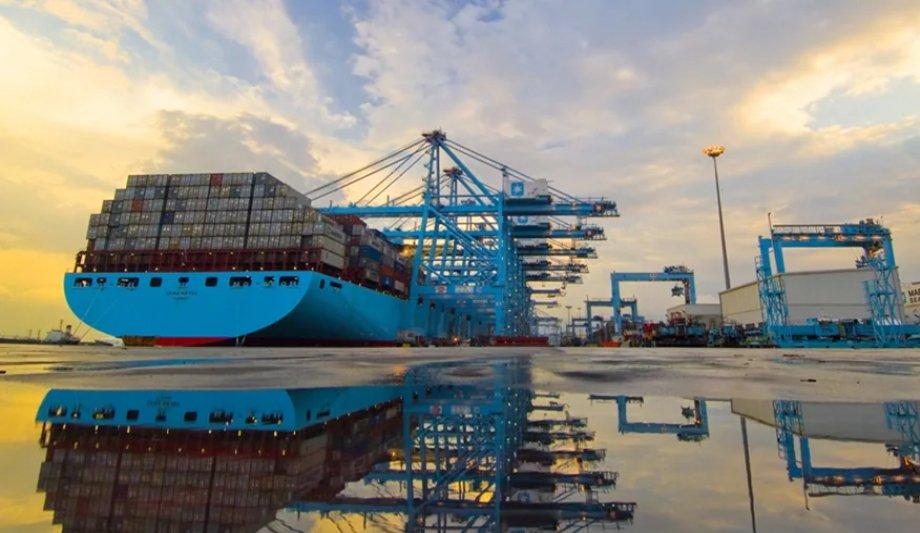Dr. Lee Kindberg, Maersk North America’s Head of Environment & Sustainability addressed (virtually) on April 15th the U.S. Congressional Hearing House Committee on Transportation and Infrastructure, Subcommittee on Coast Guard and Maritime Transportation on “Practical Steps Toward a Carbon-Free Maritime Industry: Updates on Fuels, Ports, and Technology.”
Dr. Kindberg was invited by the committee to testify as an expert on the subject. “This is really an exciting time to be in shipping – a time of change that will transform the industry as much as containerisation did in the 20th century,” she said.
Reducing emissions
Reducing fuel consumption reduces emissions of both greenhouse gases and pollutants Ocean shipping is the most energy-efficient way to move cargo long distances and has been getting more energy-efficient, reducing the environmental impact of vessel operations. Reducing fuel consumption reduces emissions of both greenhouse gases and pollutants.
The shipping industry emits 2-3% of the world’s man-made CO2 and the International Maritime Organization (IMO) has set industry goals on energy efficiency, greenhouse gas emissions and other pollutants such as sulphur.
Reduced emissions and net-zero carbon shipping
In the last decade, Maersk has reduced fuel consumption and related emissions by 46% per container moved. This energy efficiency improvement was achieved in three primary ways: new larger vessels, retrofits of existing vessels and improved operational and vessel management practices.
In December 2018, Maersk announced a company goal of a Net Zero Carbon Shipping fleet by 2050. At present, Maersk deploys a fleet of over 700 vessels - the largest commercial fleet in the world. Maersk also committed to launch the first zero carbon vessel by 2030 and continue energy efficiency efforts to achieve a 60% reduction goal in emissions by 2030 (vs. 2008 levels).
To meet the Net Zero 2050 target will require radical innovation in technologies and fuels and partnering with a range of stakeholders: technology providers, investors, legislators and especially - customers.
Goals
In March 2021, Maersk announced two more ambitious goals:
- To launch the world’s first carbon-neutral vessel in 2023, seven years earlier than previously committed. This vessel will be powered by green methanol.
- This vessel and all future new vessels will be built with the capability to operate on one of the new carbon-neutral fuels as well as on standard marine fuel.
Actions
Ongoing Maersk actions include:
- Continued industry-leading fuel efficiency efforts such as retrofitting existing vessels with new technologies.
- Bio-fuel based “ECO Delivery” shipping is now commercially available, and new carbon-neutral services are being developed.
- Developing and testing new, alternative marine fuels.
Transformation to low or zero emissions
Dr. Kindberg commented “A major challenge in the transformation to low or zero-emissions shipping is not at sea but on land. The technological changes on the vessels are minor compared with the massive innovative solutions and fuel transformation that must take place to produce and distribute entirely new energy sources. What we need now is to enable the technology leap to get to zero and here research and development will be fundamental.”











